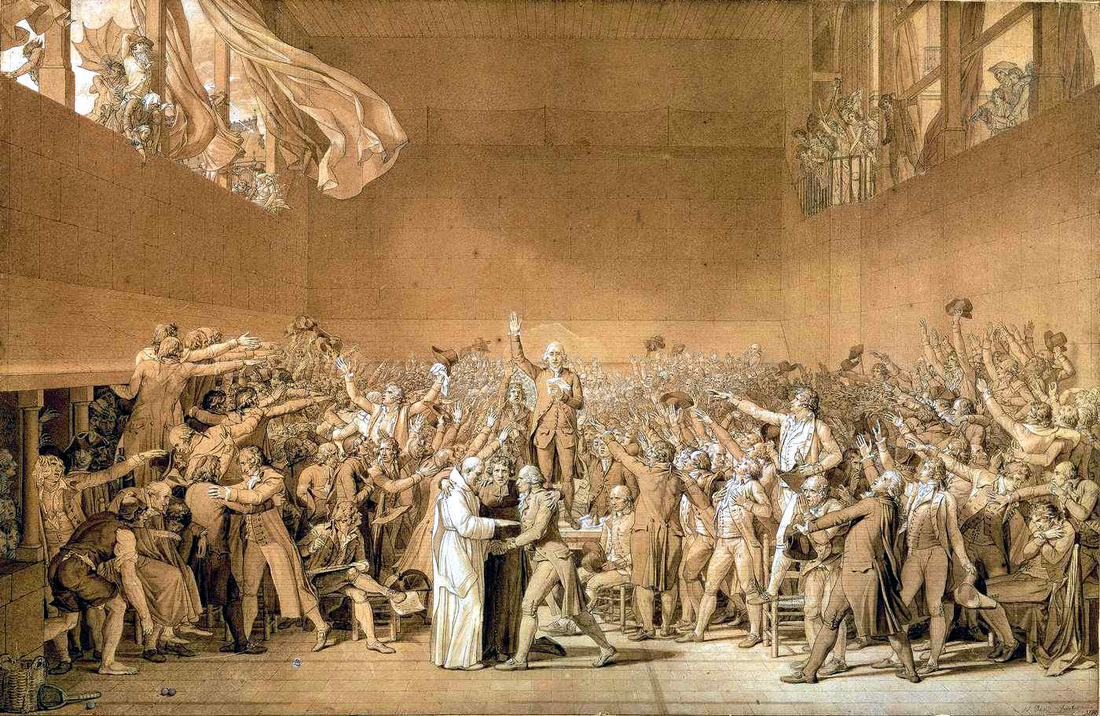The National Assembly had barely settled down to work when a new wave of rioting swept over France, further undermining the position of the king. Economic difficulties grew more severe in the summer of 1789. Unemployment increased, and bread seemed likely to remain scarce and expensive, at least until after the harvest.
Meanwhile, the commoners feared that the king and the privileged orders might attempt a counterrevolution. Large concentrations of troops appeared in the Paris area early in July—to preserve order and protect the National Assembly, the king asserted.
But the Parisians suspected that Louis was planning the forcible dissolution of the Assembly. Suspicion deepened into conviction after Louis dismissed Jacques Necker (1732-1804), a popular Swiss banker who had been serving as the chief royal adviser.

